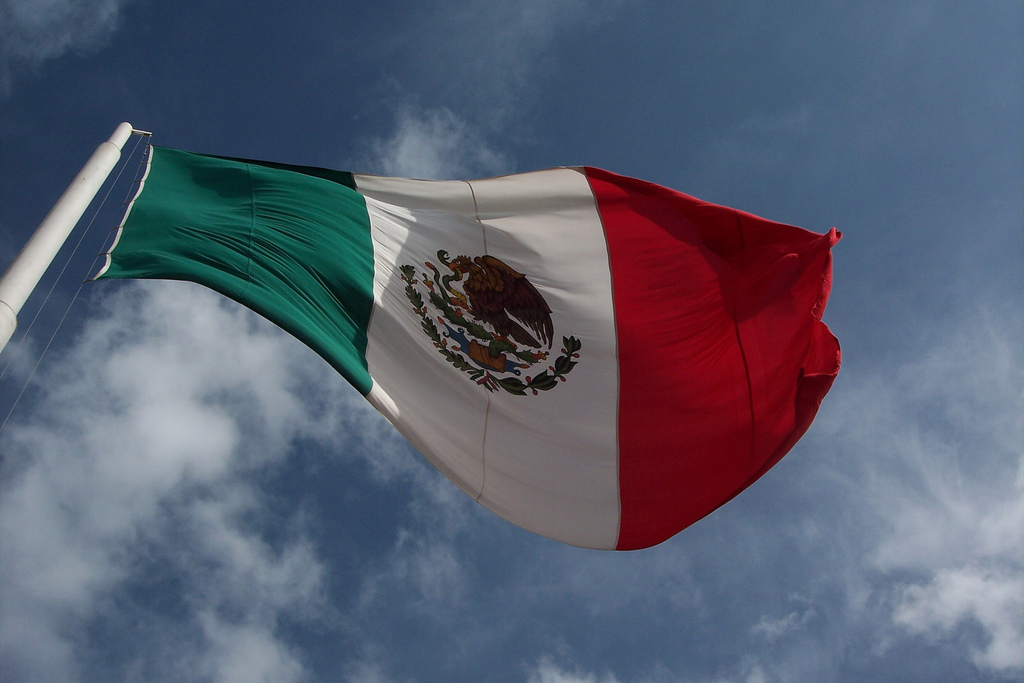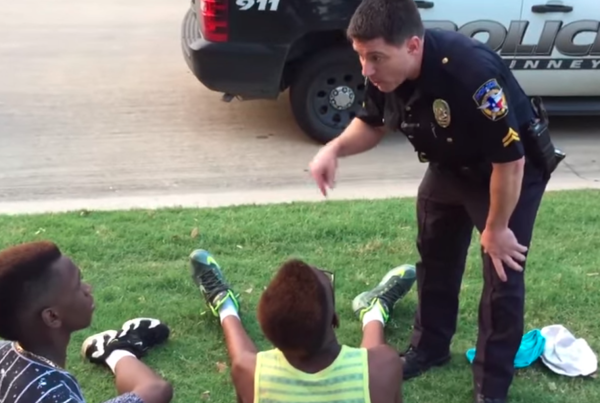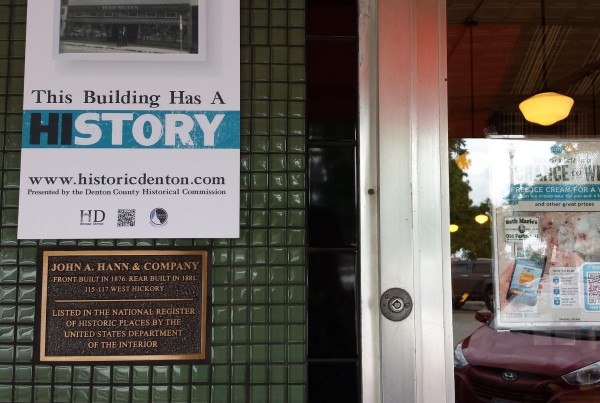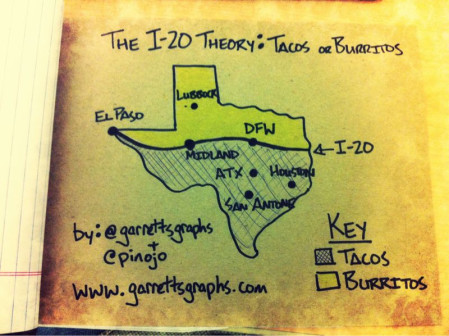Scattered violence, burned ballot boxes and protests took place Sunday across parts of Mexico during a midterm election. It was the first election to allow candidates unaffiliated with any established party. The vote comes at a time of the people’s palpable dissatisfaction with the government. Cartel violence and corruption scandals have plagued President Enrique Peña Nieto’s time in office. Although we’re still waiting for the final tally, the preliminary results are in. Joining us to talk about this historic vote is Border Bureau Chief for Gannett Broadcasting Angela Kocherga.
One of the biggest stories coming out of the midterms is the election of the first independent gubernatorial candidate, Jaime Rodriguez, also known as “El Bronco.” He won the governor’s race in the border state of Nuevo Leon. Kocherga says it’s state important for Texas as well as Mexico. Nuevo Leon holds the city of Monterrey, Mexico’s business capital, and business and family ties run deep both ways across the U.S-Mexico border.
So why is El Bronco’s election so important? “He is the kind of candidate that grabs attention. he’s an independent candidate, a historic candidate. The first to win the governorship,” Kocherga says. “People see him as the face of change.”
El Bronco’s main promise was that he’d end corruption, which could be seen to go hand-in-hand with the violence that has erupted in pockets of the country.
“In many of these areas people are furious and disgusted. They say government and cartels are one in the same in some lawless regions, Kocherga says. “He faces a tough battle and…he reminds them of President Vicente Fox, the first opposition candidate to win the presidency.… People are hopeful but they’re also skeptical, they’ve been down this road and Mexican voters are now looking to kick out the old guard, but they’re also very cautious about wondering if this candidate can deliver.”
This skepticism of a change in guard spread to some protestors during the midterms, and others were downright furious with the lack of government accountability surrounding the missing students and government corruption. Kocherga says in several Southern Mexican states like Oaxaca, Guerrero and Chiapas, protesters and some radial teachers union groups boycotted the election and burned ballots.
“There were several arrests and clashes with police,” Kocherga says.
President Peña Nieto had admitted beforehand that these midterm elections would be a referendum on his presidency. But it looks like the President and his party–the PRI or Institutional Republican Party–will continue to maintain a slight majority. So what, exactly, was the significance of these elections? Kocherga says the inclusion of independent candidates in the elections is huge.
“[Elections have] first of all, been so dominated by the PRI and all these other leading parties, the National Action Party, but you do see the PRI–the ruling party–hung on to 40 percent of the lower house of congress seats. They also may be a testament to the–still–the very very viable political party that can adapt, woo voters, but more importantly has a very strong political machine when it comes to getting out the vote,” she says. “You did have this counter effect… people deciding not to vote. That’s the biggest challenge. People turning away from the polls and saying it really doesn’t matter.”















